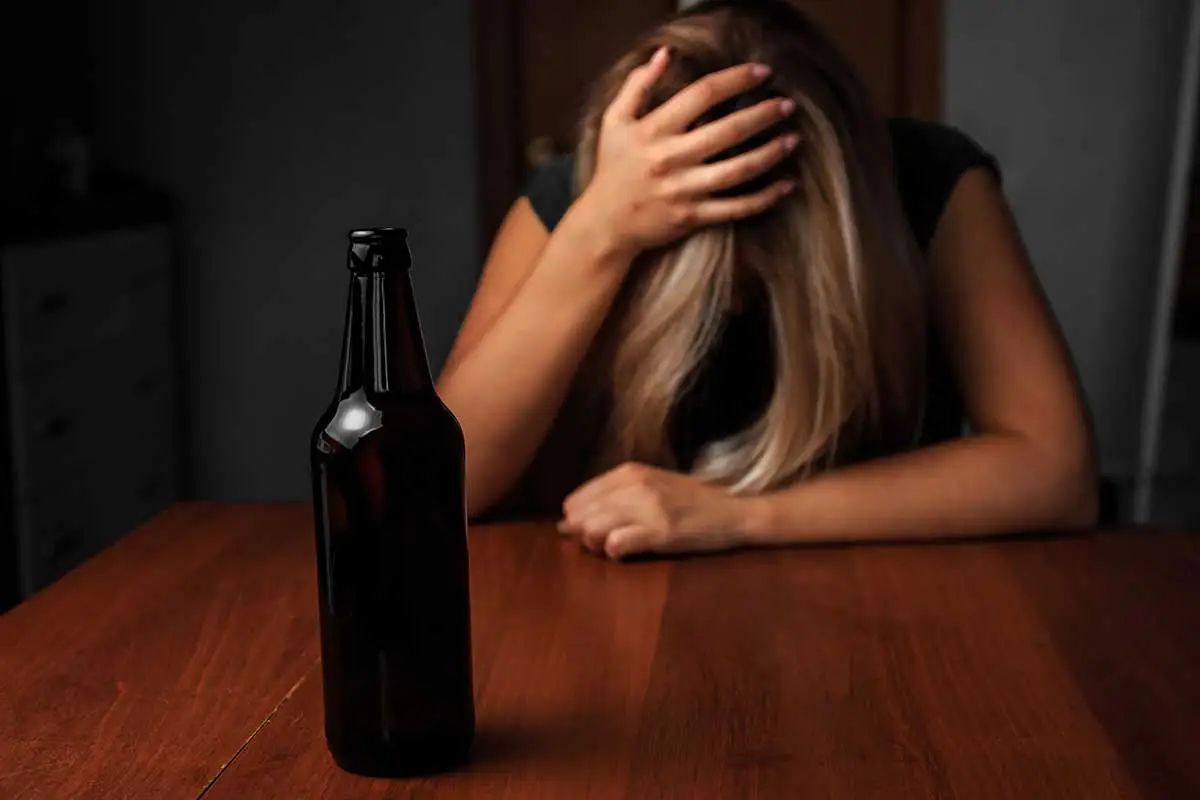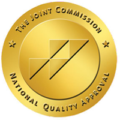The ongoing coronavirus has made life challenging, forcing most people to limit interaction and self-quarantine at home. The effects of the pandemic can be a stumbling block for your sobriety if you are recovering from an alcohol use disorder. The loneliness, coupled with the lack of immediate access to support groups, can encourage relapse. However, you can do several things to manage your alcohol withdrawal during coronavirus. If you or someone close to you is battling alcohol dependence, Avedis Detox can help. Contact our Los Angeles alcohol detox center at 833.514.0579 or using our convenient online form.
What Are the Symptoms of Alcohol Withdrawal?
Alcohol affects how your body and brain function. The longer you drink, the more dependent you become. Long-term drinkers who suddenly quit drinking will experience several adverse effects. The severity of your symptoms is determined by how often and how much you usually drink and whether you have access to a good detox center.
Alcohol Withdrawal Timeline
It takes around a week for an alcoholic to fully detoxify their system from the substance. For most people, alcohol detox comes in 3 stages:
Stage 1: 8–12 Hours After Your Last Drink
The first stage of alcohol withdrawal usually starts around 8 hours after your last drink. Side effects include the following:
- Insomnia
- Stomach pain
- Sweating
- Shaking
- Nausea
- Nervousness
- Heart palpitations
Stage 2: 24–72 Hours After Your Last Drink
The second stage of alcohol withdrawal usually happens on the second or third day of detox. Stage two symptoms may include:
- Hallucinations
- Mental confusion
- Seizures
- Irritability
- High blood pressure
Stage 3: 4–7 Days After Your Last Drink
Alcohol withdrawal symptoms usually begin to subside during stage 3. A very small percentage of alcoholics experience a potentially dangerous condition known as delirium tremens. We always recommend detoxing in a medical facility due to the risk of delirium tremens.
Managing Alcohol Withdrawal During Coronavirus
Alcohol withdrawal symptoms pose significant health threats. However, due to the limited movements caused by the coronavirus, accessing immediate help can be challenging. These tips can help you manage your alcohol withdrawal during the coronavirus. However, you should seek medical attention if the symptoms you are experiencing are more severe.
Eat Healthy Food & Drink Plenty of Water
Ensure that your diet balances proteins, carbohydrates, minerals, vitamins, and fats. This will help your body’s organs function properly, giving you the energy to recover from an alcohol use disorder. Heavy consumption of alcohol can cause a vitamin B1 deficiency, which can result in brain damage. Because of this, ensure that you eat foods rich in vitamin B1 (thiamine), such as fish, meat, brown bread, and brown rice. And don’t forget to stay hydrated!
Frequent Showers
Taking a refreshing shower can be helpful if your body temperature rises to a dangerously high level. The shower will cool you down and relax you, helping you deal with possible feelings of anxiety.
Alcohol Detox California Style
Alcohol withdrawal can be dangerous, and the pandemic has only increased its potential dangers. This has further increased the need to seek professional treatment. At Avedis Detox in Tarzana, our alcohol detox program enables patients to safely remove alcohol from their systems and transition gradually into recovery. Some of the treatments we offer at our inpatient rehab center include:
Going through alcohol withdrawal during the coronavirus can be difficult. Depending on the severity of your symptoms, withdrawal is more manageable when you have professional support. Get in touch with Avedis Detox at 833.514.0579 and allow us to help you in your recovery.









